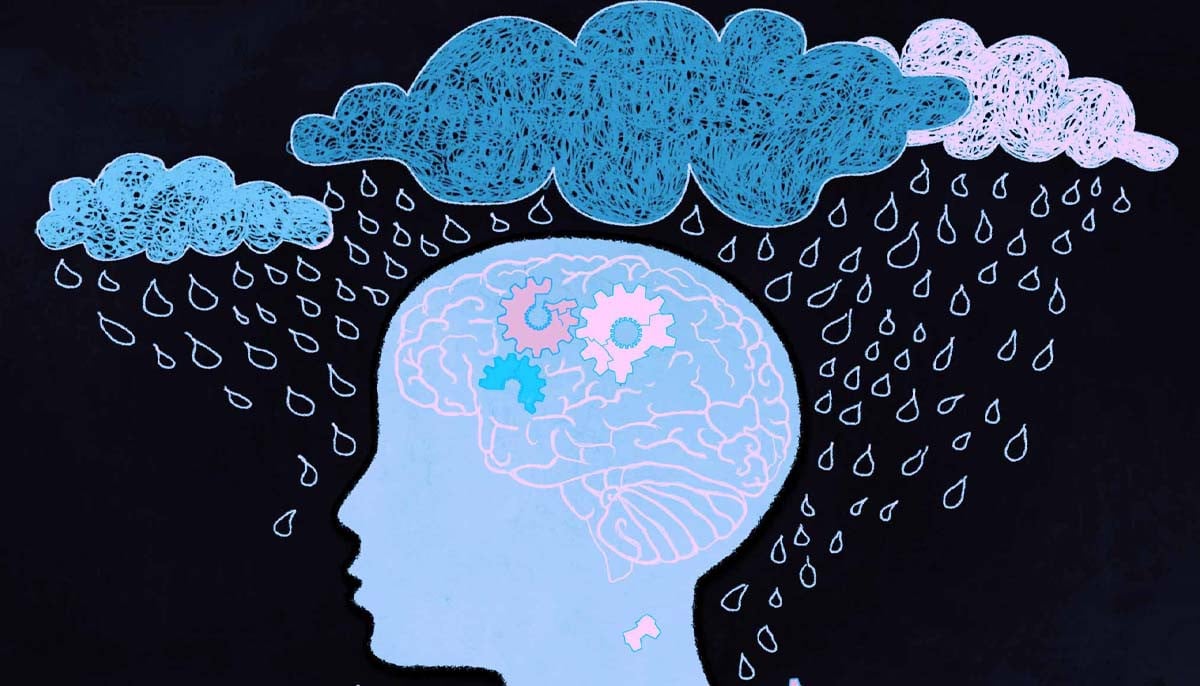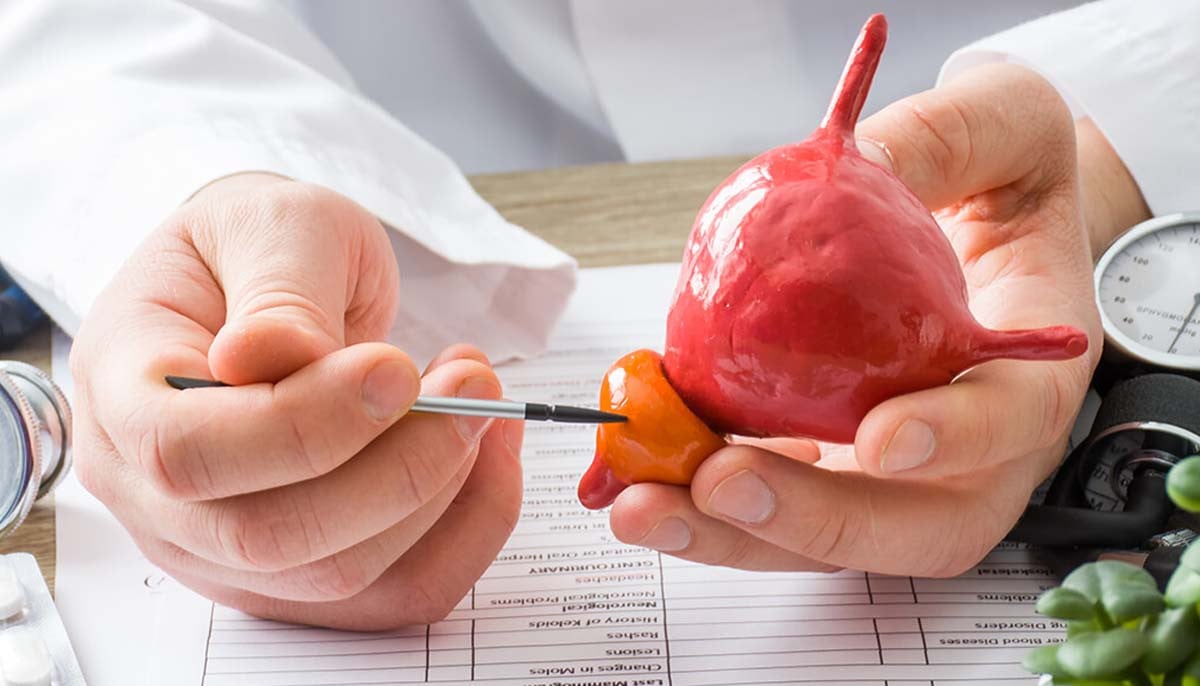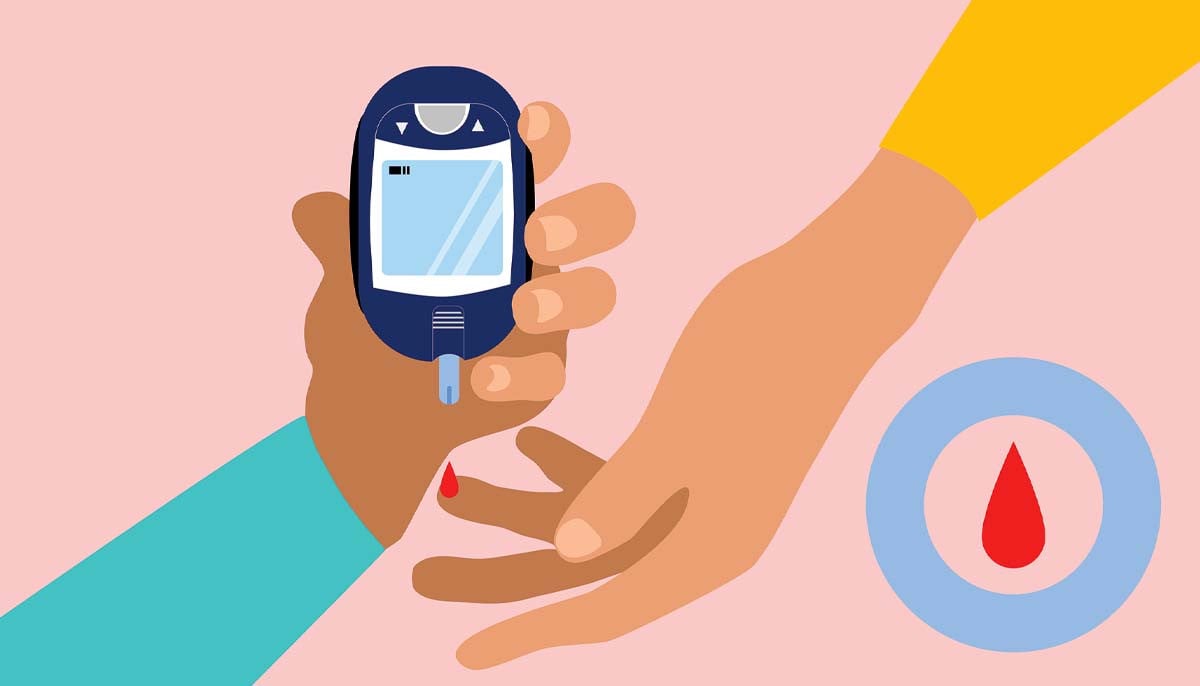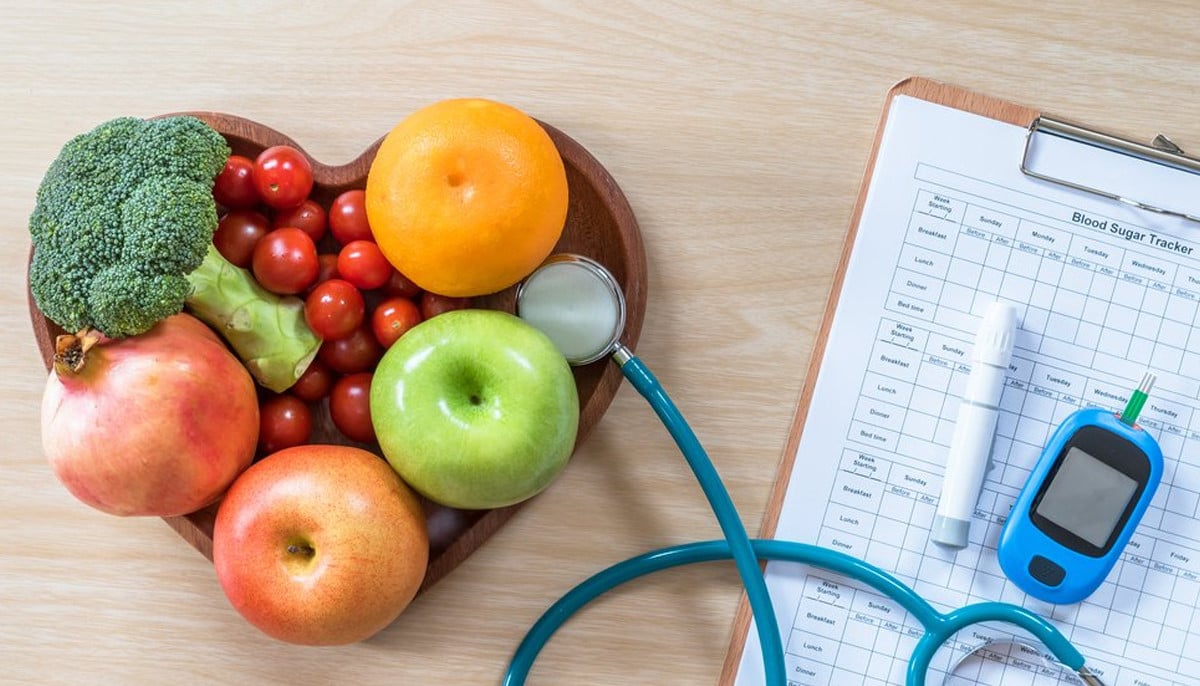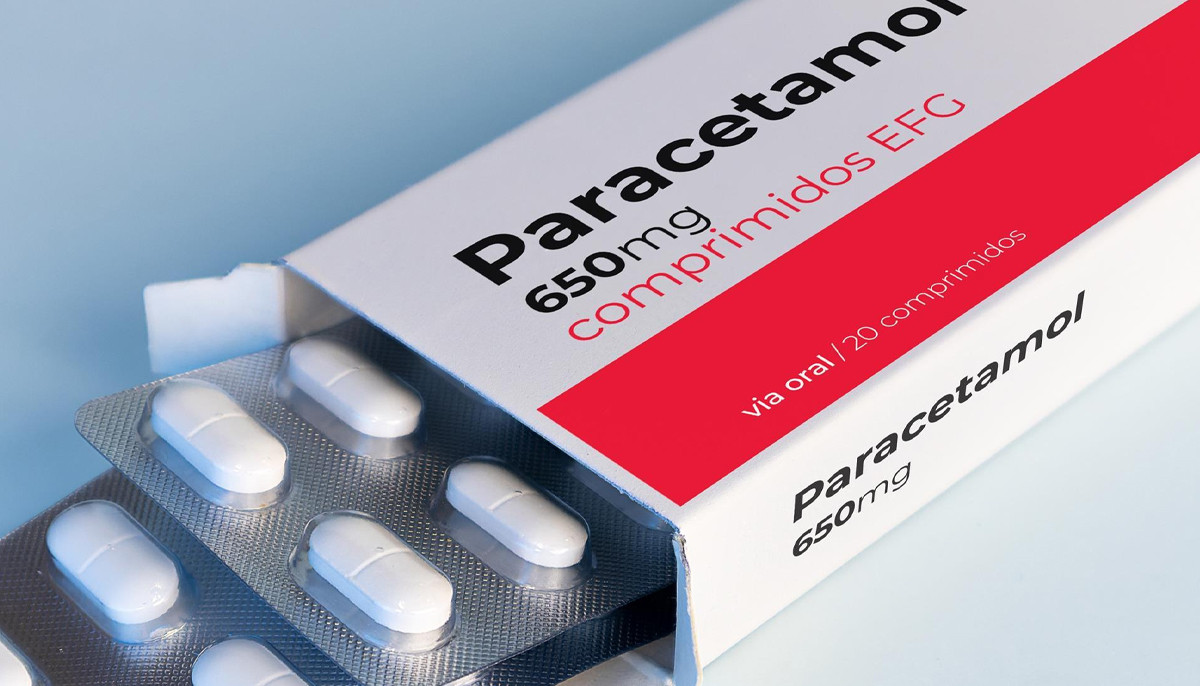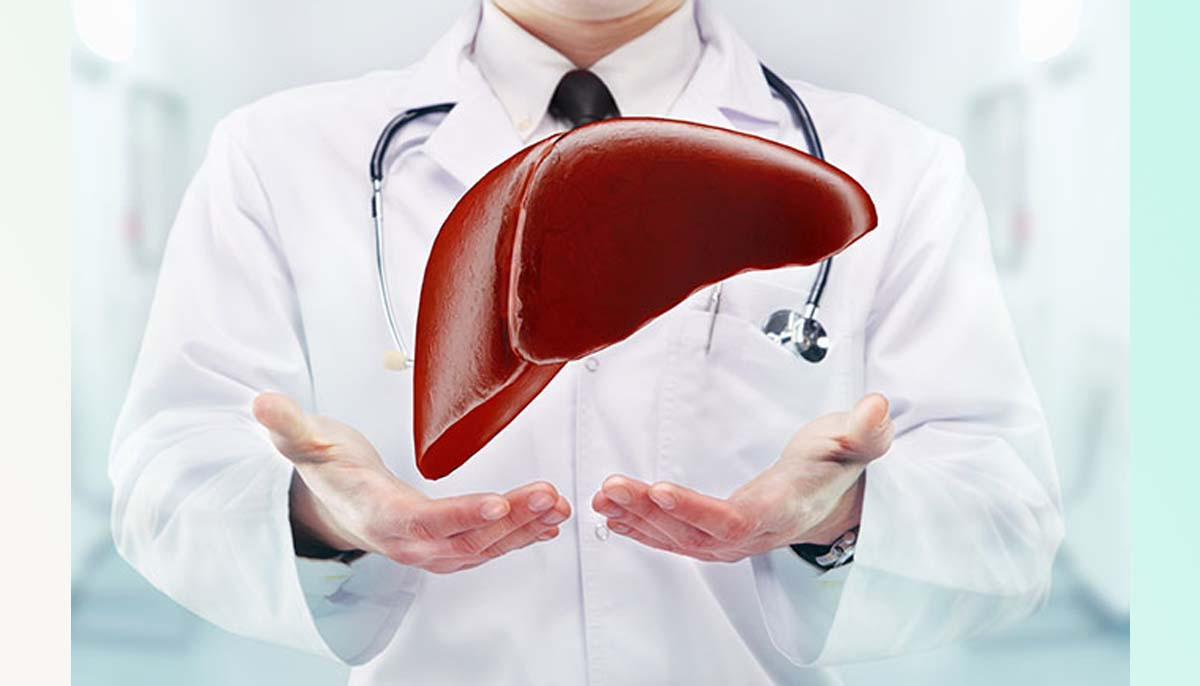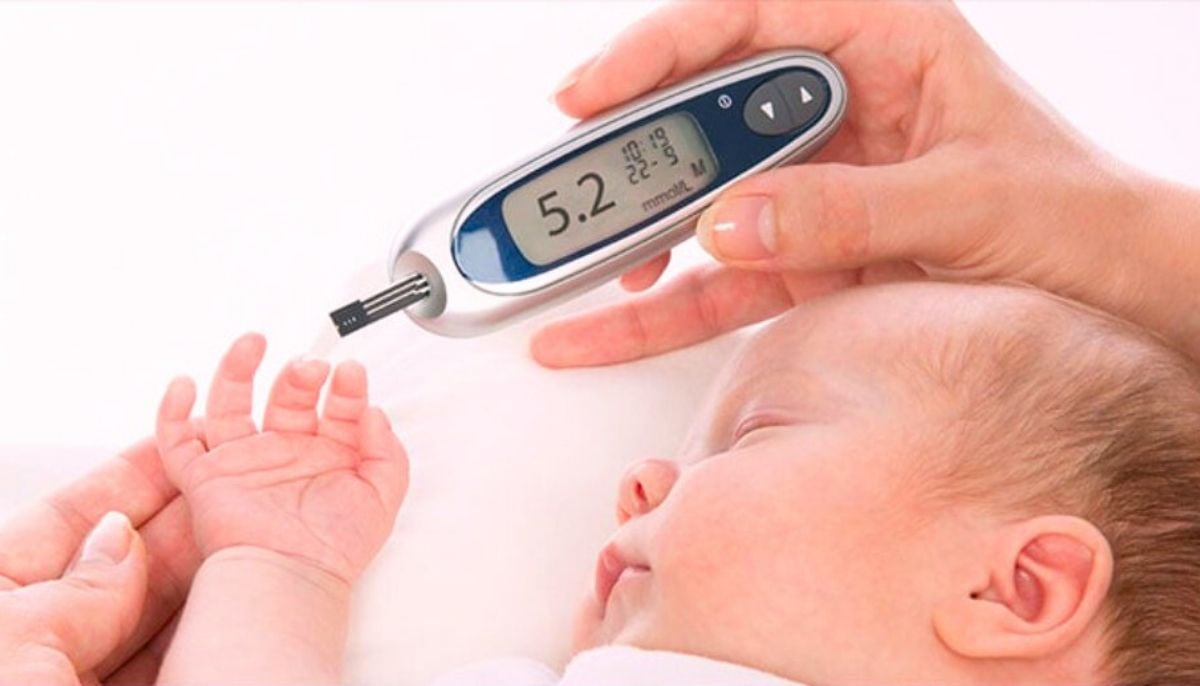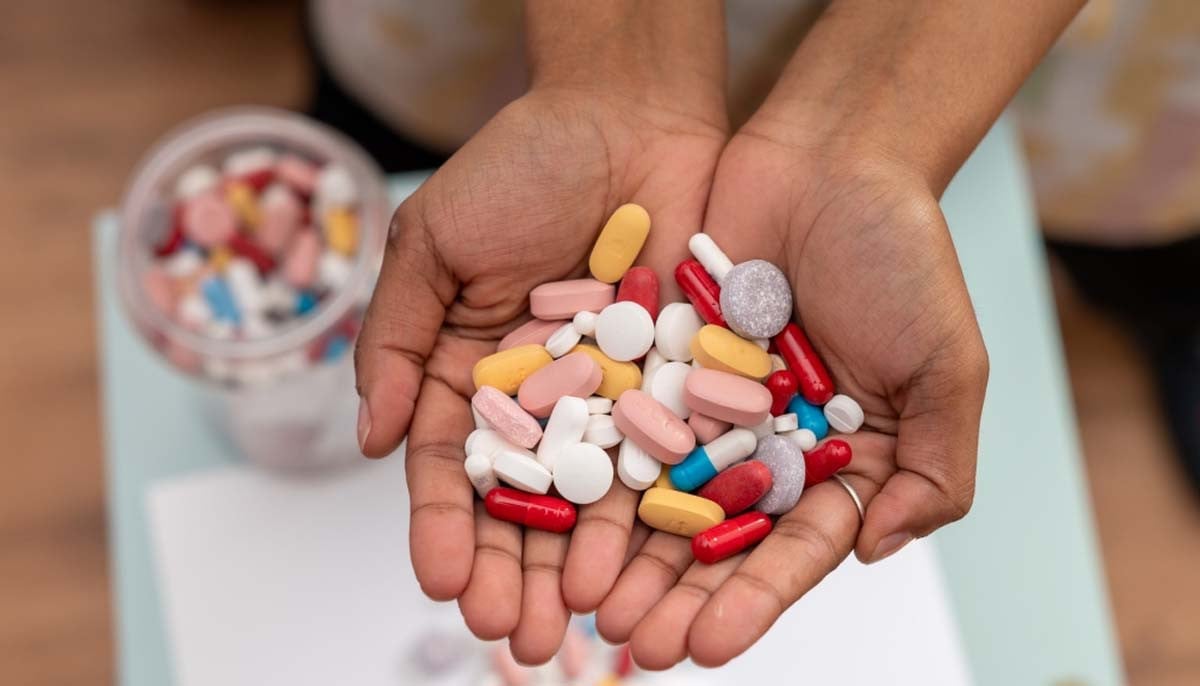Study finds most teenagers cannot separate fake health messages from true ones
In a world where public health issues are becoming common and misinformation has caused chaos before, people need to be trained
Most teenagers are unable to distinguish between true and fake messages about health on social media, a new study published in Frontiers in Psychology has shown.
The study showed that just 48% of participants trusted health messages more than fake ones. Around 41% of teenagers that were part of the study considered fake and true messages equal whereas 11%trusted true messages less than fake ones.
The findings of the study show that young people need to be trained on how to detect fake news especially related to health.
In a world where public health issues are becoming common and misinformation has caused chaos before, people need to be taught.
Studies in the past have also shown that online health messages are mostly inaccurate and harmful.
Believing fake news about health can lead to poorer health choices and risky behaviour.
Principal investigator Dr Radomír Masaryk said that COVID-19 showed how common misinformation can become.
Masaryk said that we expect younger people to know how to navigate the internet and approach news as they were born into technology.
However, the truth is the opposite.
The teenagers part of the study could not detect poor editing of medical messages.
An earlier study on message trustworthiness conducted on adolescents found that there were five editorial factors that deduced the credibility of the message. These were clickbait, grammar mistakes, superlatives, bold typeface, and authority appeal.
-
Find out how you can avoid diabetes at your home
-
Pregnant women fighting 'like hell' against paracetamol?
-
‘Stranger Things’ star David Harbour speaks up about ‘psychotherapy’
-
Serious liver scarring shows potential to be reversed with latest drug
-
Late-night snacking linked to higher risk of liver disease
-
Newborns at risk: Health experts warn your baby could already have diabetes
-
Oprah Winfrey reveals how her weight-loss medication works
-
NHS issues 'eight-week' warning for omeprazole users


